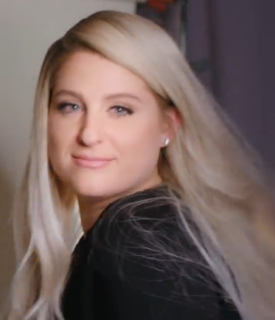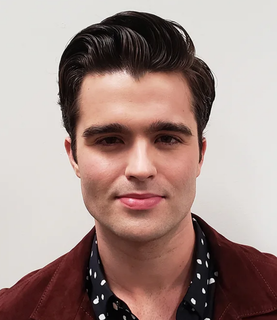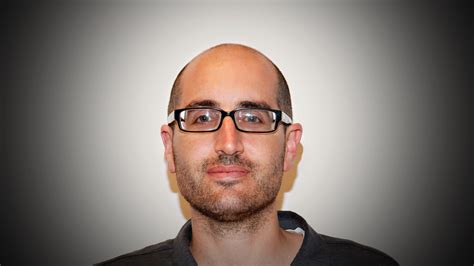A Quote by Louis Sachar
I really began to love to read while in high school, and my favorite authors were my heroes: J.D. Salinger, Kurt Vonnegut.
Related Quotes
In seventh grade, with some vague sense that I wanted to be a writer, I crouched in the junior high school library stacks to see where my novels would eventually be filed. It was right after someone named Kurt Vonnegut, Jr. So I grabbed a Vonnegut book, 'Breakfast of Champions' and immediately fell in love.
[Kurt] Vonnegut once said, if you ever want to know who somebody is... Like you look at Richard Nixon, or Adolf Hitler, or Ralph Nader, or anybody who seems like a difficult person to understand, and is therefore not part of the pattern of human behavior. Think about who they were in high school, and they will explain themselves to you. So we got a hold of, like, 50 high-school yearbooks, including my mom's from 1925 or something, and we discovered that they're all the same.
[Kurt] Vonnegut was a writer whose great gift was that he always seemed to be talking directly to you. He wasn't writing, he wasn't showing off, he was just telling you, nobody else, what it was like, what it was all about. That intimacy made him beloved. We can admire the art of John Updike or Philip Roth, but we love Vonnegut.
We were interviewing an author, and we started talking about how so many of them - Salinger, Shaw, Fitzgerald - were really an odd bunch. They put a barrier around themselves, and not many people got through it. This was the spark that I really latched onto - someone who could break through the barrier. Of course [FINDING FORRESTER] really began to take shape when I began to wonder, what if it was a young person?
I think too much is known about me already. I think biographical information can get in the way of the reading experience. The interchange between the reader and the work. For example, I know far too much about Norman Mailer and Kurt Vonnegut. Because I know as much as I do about their personal lives, I can't read their work without this interjecting itself. So if I had it to do over, I'd probably go the way of J.D. Salinger or Thomas Pynchon. And just stay out of it altogether and let all the focus be on the work itself and not on me.


































